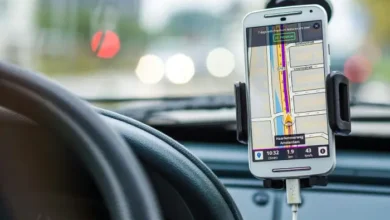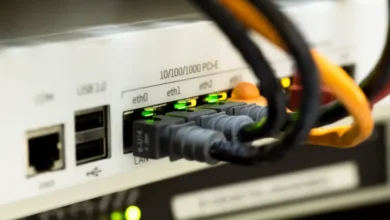Will Robots Replace Hospital Employees?
Robots are everywhere, from local hospitals to science labs and everything in between. They are changing the current scenario. The powerful impact of robots is inimitable in the field of medical science. Robots and AI in the healthcare industry leverage their roles by relieving medical professionals from the routine tasks, and by making clinical procedures safer, faster, and a lot easier. Also, they can help perform critical tests and accurate surgery in small places.
In short, from AI-centric diagnosis to robotic surgery systems, the impact of automation is irreplaceable in the healthcare industry. But how far automation will go? Will AI, robots, or technological advancements ever replace hospital employees? Let’s figure out to what extent automated technology can replace hospital employees.
Robotic Technology Is a Point of Complementing, Not Replacing:
Robotic assistants appear in many areas of a medical unit to upgrade the system and improve patient care. These include:
- Robotic technologies monitor the vital statistics of patients and alert the medical staff when there is a need for human intervention. It allows nurses to look after several patients at a time whilst staying confident about delivering the same standard of care to everyone.
- In larger facilities, robotic carts carry supplies like bed linens, meals, etc. door-to-door by riding elevators and maneuvering automatic doors.
- Robots also help in critical surgeries, allowing doctors to perform surgery through the tiniest incisions possible.
- They disinfect patient rooms, OPTs, corridors, and so on.
- Robotic aids work in labs to take samples and store them in the right place. They prepare and dispense prescriptions in pharmacological labs.
- Robotic assistants enter vital information into the patients’ e-health records automatically.
In simple words, robotic assistants work amicably, help hospital staff in performing tricky tasks, save time and resources, and reduce human negligence in patient care. They also lessen the feasibility of making errors. Undeniably, the role of AI and robotic technologies is to complement hospital workers, not replace them.
Will Robots Replace Hospital Employees?
There are several points that validate why robotic technologies will not replace their human counterparts in the healthcare industry. These are:
- Robots Cannot Replace Human Interaction :
Patients should feel safe, supported, and have positive experiences. Technologies can only empower patients. However, when it comes to feeling safe and connected, human caregivers can do that best. Hence, health care professionals can’t delegate complete responsibility of treatment to robots.
- Automation of Empathy is Not Possible:
Patient care is not all about technology. It is more about empathy and emotions, and robots have no emotions. They are not creative. They make decisions depending on their own logic. There are things that AI or robotic technologies cannot do and comprehending the nuances of human behavior is one of them. Humans tend to put too much trust in modern machines. Yet, empathy and emotions are the key things that create a big difference between humans and machines. So, AI and robots aim to work with hospital employees as an adjunct and not to replace them.
- Automated Technology Is Expensive to Install:
Robotic assistants fit into a more patient-centered medical unit. However, most healthcare models have less than 300 beds. Also, the process of installing robotic assistance throughout the facilities is extremely expensive. So, small medical units cannot afford to have such technologies.
Conclusion
Technology is changing healthcare and will continue to do so. However, AI, robots, or technology will never be able to replace hospital employees any time soon. Medical professionals can use AI as an adjunct but not as a replacement. Ultimately, robotic assistants can only complement human experts, not replace them.




